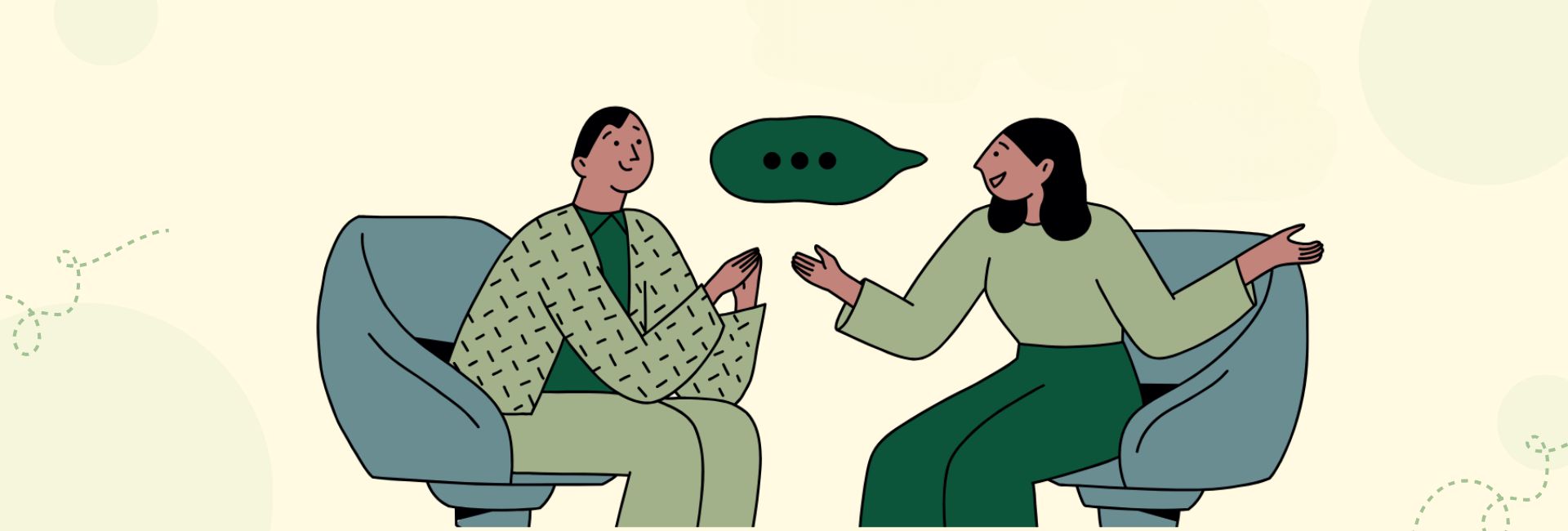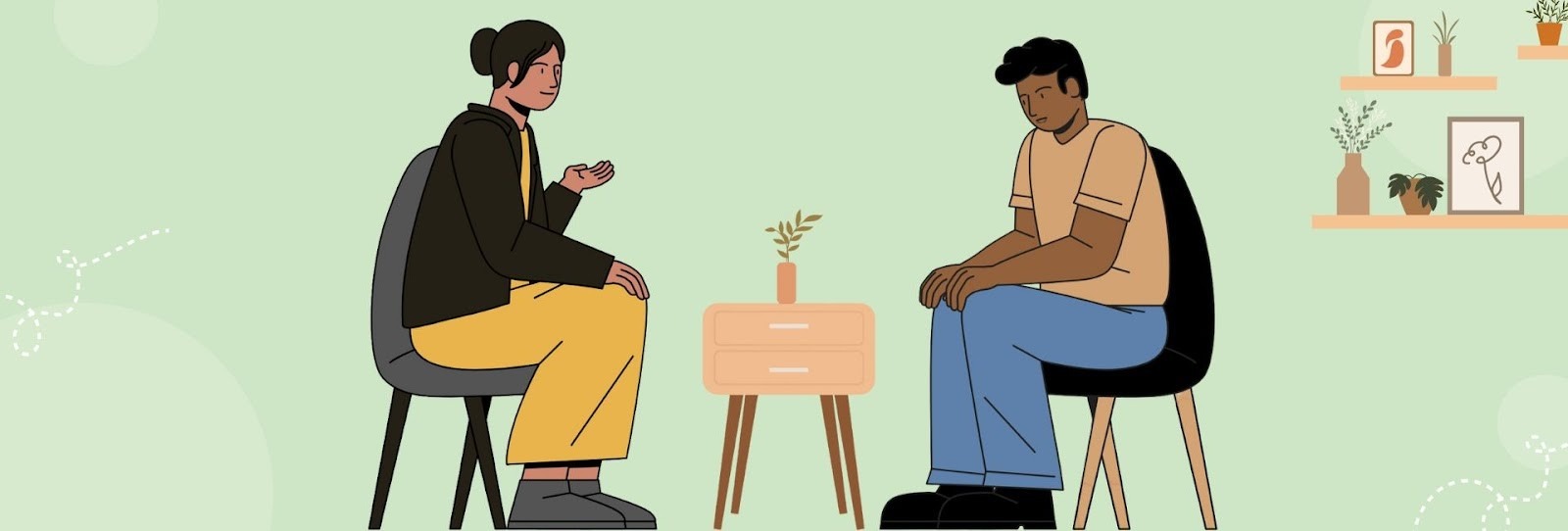Life can be tough, and sometimes we need a little help navigating through the difficult times. Therapy, or counseling, is an excellent way to work through personal issues and improve your mental health. However, if you have never been to therapy before, it can seem a bit daunting. That’s why in this article, we will guide you through all the basics, including what to look for in a therapist, what to expect in a session, and how to get started. So sit back, relax, and let’s get started.
1. Research Your Options
Before you start therapy, it’s essential to find a therapist that’s right for you. There are many types of therapists, each with a different approach and focus, which can affect how helpful they are based on your particular issues. For example, if you suffer from anxiety, you might want to look for a therapist who specializes in Cognitive Behavior Therapy (CBT). Or if you are someone who is more intune with your body then you might prefer somatic therapy or movement therapy compared to cognitive therapies. So take the time to research different therapies and practitioner profiles before you settle on one. It’s also important to decide which mode you prefer to have your session. Are you looking for a video/audio session or would you be more comfortable with an in-person appointment? Not all practitioners offer in-person appointments so make sure you get that information at the time of booking. Cost is also an important factor as therapy is a fairly long-term process and would require some budgeting in advance. Therapy fee varies from Rs 800 to Rs 4000 per session in India, depending on the therapist qualification and experience.
2. Set Realistic Expectations
It’s important to understand that therapy is not a quick fix for your problems. Therapy is a process that takes time, patience, and effort. After your first session, you should not expect to magically feel better immediately. Instead, set achievable goals that you can work towards over an extended period. And remember, everyone’s experience is different. So, do not feel discouraged if therapy does not immediately have the desired effect.
3. Prepare for Your First Session
The first session with your therapist is typically called an intake session, where your therapist may ask you a range of questions to understand your background, why you seek therapy, and how they can best help you. These questions may range from your physical and mental health history to your relationship status, work life, and hobbies. Having said that, remember that therapy is also your safe space and there is no pressure or rush for you to talk about things you don’t feel ready for. You can consider your first session as a rapport-check to see if you are feeling comfortable with your therapist and hopeful about starting therapy with them. You can also discuss goals and structure for your work like how frequently you should meet etc.
4. Stay Committed
Finally, because therapy is a process that takes time, it’s essential to stay consistent and committed to the process. This can be challenging, especially if progress appears slow, but it’s essential to keep going. Frequently attend your sessions, take homework seriously if requested, and be open and honest with your therapist. With dedicated effort, you will get the most out of your experience and achieve a more positive outcome.
Starting therapy can seem scary, but once you find the right therapist and settle into a routine, you will reap the benefits of this profoundly beneficial experience. Before you begin therapy, take some time to research your options, set realistic expectations, prepare for your first session, find a method of therapy that works for you, and stay committed to the process. Remember, we all deserve a little extra help sometimes, and there’s no shame in reaching out. So, take that first step towards a healthier and happier you today.


